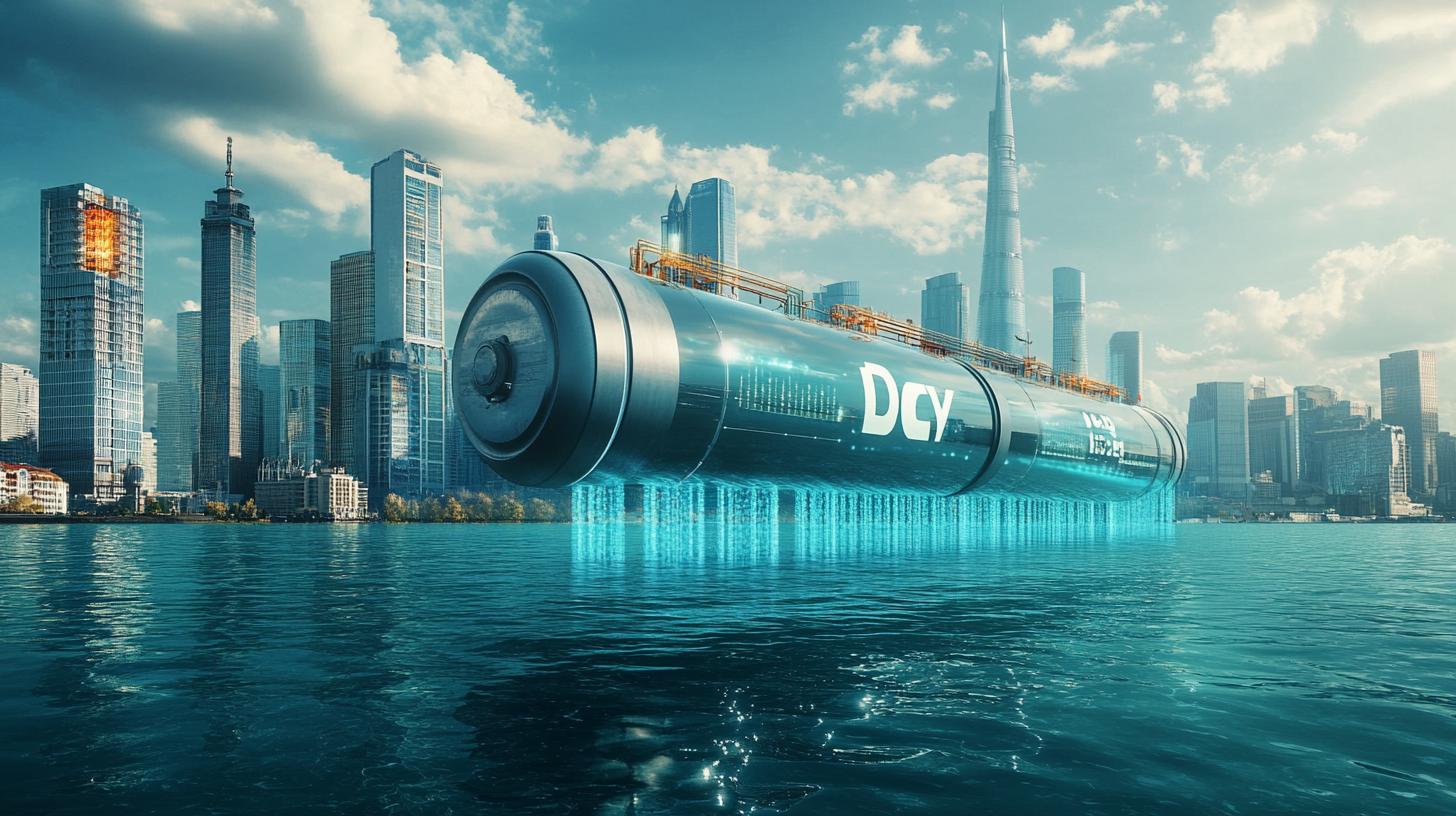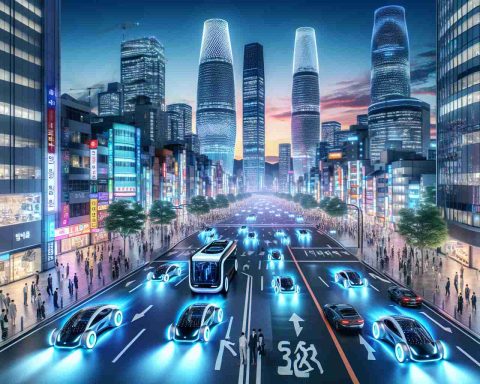- Nikola faces a recall of 95 Tre fuel-cell-electric trucks due to assembly oversights threatening hydrogen tanks.
- The recall affects models from 2024-2025, with production issues involving overly long bolts posing leak and fire risks.
- Nikola’s monitoring systems aim to detect leaks, offering audible and visual alerts to ensure consumer safety.
- No incidents have been reported, and defective parts will be replaced for free.
- The company is simultaneously addressing another recall affecting nearly 100 battery-electric trucks.
- Nikola is undergoing financial challenges, including a Chapter 11 bankruptcy filing, but remains committed to safety.
- Consumers can seek assistance from Nikola or the National Highway Traffic Safety Administration.
A storm brews over Nikola’s new frontier as a significant recall of their advanced fuel-cell-electric trucks unfolds, highlighting the brand’s uphill battle to maintain its reputation in the ever-evolving auto industry. The recall, affecting 95 Nikola Tre trucks from the 2024-2025 model years, exposes a potential hazard lurking in their cutting-edge hydrogen systems.
Amidst the hum of factory lines, an oversight in the assembly process has ushered in this challenge—overly long bolts that threaten to scar the hydrogen tanks, which could result in potentially catastrophic leaks and fires. Produced between late August 2023 and mid-September 2024, these affected trucks bear witness to the relentless pursuit of innovation, occasionally marred by human error.
Yet, beneath the shadows of this recall, a beacon of assurance shines; Nikola’s vigilance ensures that vehicle monitoring systems stand ready to spring into action at the faintest hint of danger. These systems promise audible and visual warnings should a hydrogen leak threaten safety. For now, Nikola reports no incidents, and mechanics stand poised to inspect and amend any missteps, replacing faulty components at no extra cost to the consumer.
This scenario isn’t unfamiliar. Navigating the thorny path of innovation, Nikola grapples with a separate recall crisis involving nearly 100 battery-electric trucks, prompting a pivotal switch in their battery supply and design. In this landscape, the recall for hundreds of trucks remains an unfinished chapter, marking a significant transition in their tumultuous journey towards innovation.
Even as the company weathers financial challenges, recently filing for Chapter 11 bankruptcy, their commitment to resolve safety issues remains unwavering. The responsibility for consumer safety doesn’t dissipate amidst commercial hardship; it’s reinforced by the unwavering principles of industry watchdogs like the National Highway Traffic Safety Administration.
The takeaway from Nikola’s trials is clear: the road to progress is fraught with obstacles, but the journey continues with resilience and dedication. It’s a reminder that safety and progress travel hand in hand, urging manufacturers to consistently refine their craft in pursuit of an automotive future that’s both innovative and secure. For queries and assistance, owners may reach out to Nikola or the National Highway Traffic Safety Administration.
Nikola’s Challenges and Triumphs: What Lies Ahead for the Electric Truck Innovator?
Understanding Nikola’s Fuel-Cell Electric Truck Recall
Nikola Corporation, a trailblazer in the realm of hydrogen fuel-cell technology, faces a significant hurdle with the recent recall of 95 Nikola Tre trucks (model years 2024-2025). This recall highlights a critical safety concern: overly long bolts potentially compromising hydrogen tank integrity, which could lead to dangerous leaks or fires. While this challenge underscores the complexities of innovation, Nikola’s proactive approach to safety measures, such as advanced vehicle monitoring systems, offers some reassurance.
Additional Insights and Industry Context
1. Hydrogen Fuel-Cell Technology:
Hydrogen fuel cells represent a promising pathway to zero-emissions heavy-duty vehicles, converting hydrogen gas into electricity while emitting only water vapor. Despite their potential, the high cost of hydrogen production and infrastructure challenges remain significant barriers to widespread adoption.
2. Nikola’s Broader Recall History:
This recall isn’t an isolated incident. Nikola is also dealing with nearly 100 battery-electric truck recalls, resulting in a shift in their battery supply and design strategies. This illustrates the technical and financial challenges faced by companies pioneering new technologies.
3. Financial Landscape and Market Dynamics:
Despite recently filing for Chapter 11 bankruptcy, Nikola’s dedication to addressing safety issues showcases a commitment to long-term viability. This is indicative of the broader industry’s pressures, where balancing financial health and technological advancement is key.
4. Industry Trends:
The global push for sustainable transportation solutions significantly influences the design and manufacturing processes of companies like Nikola. The evolving regulatory framework and consumer demand for eco-friendly alternatives continue to shape market dynamics.
Pressing Questions and Contextual Answers
– What are the primary challenges of hydrogen-electric trucks?
Major challenges include developing an expansive hydrogen refueling infrastructure, high vehicle production costs, and ensuring safety in fuel storage and usage.
– How does Nikola’s recall compare to industry standards?
Recalls are not uncommon in the auto industry, especially for companies exploring new technologies. What sets Nikola apart is its emphasis on proactive safety measures and transparent communication with stakeholders.
– What is Nikola doing to address safety concerns?
Alongside the recall, Nikola has fortified its vehicle monitoring systems, ensuring prompt detection of issues and comprehensive inspections, repairs, or component replacements at no cost to consumers.
Actionable Recommendations for Nikola Truck Owners
1. Stay Informed: Regularly check for updates from Nikola and the National Highway Traffic Safety Administration (NHTSA).
2. Schedule Inspections: Take advantage of free inspections and component replacements offered by Nikola.
3. Engage with Community: Join forums and user groups to share experiences and keep abreast of potential issues and solutions.
4. Consider Safety Features: Be aware of and understand all safety features and warnings integrated into your vehicle to ensure it’s functioning optimally.
For more information about Nikola and their future innovations, visit their official webpage at nikolamotor.com.
Conclusion
Navigating the landscape of automotive innovation is fraught with challenges, as Nikola Corporation’s recent recall illustrates. However, their commitment to addressing safety concerns while pursuing advanced technologies highlights resilience in the face of adversity. For consumers and industry stakeholders, this serves as a reminder of the intertwined journey of safety and innovation—a journey that demands vigilance, adaptability, and dedication.













